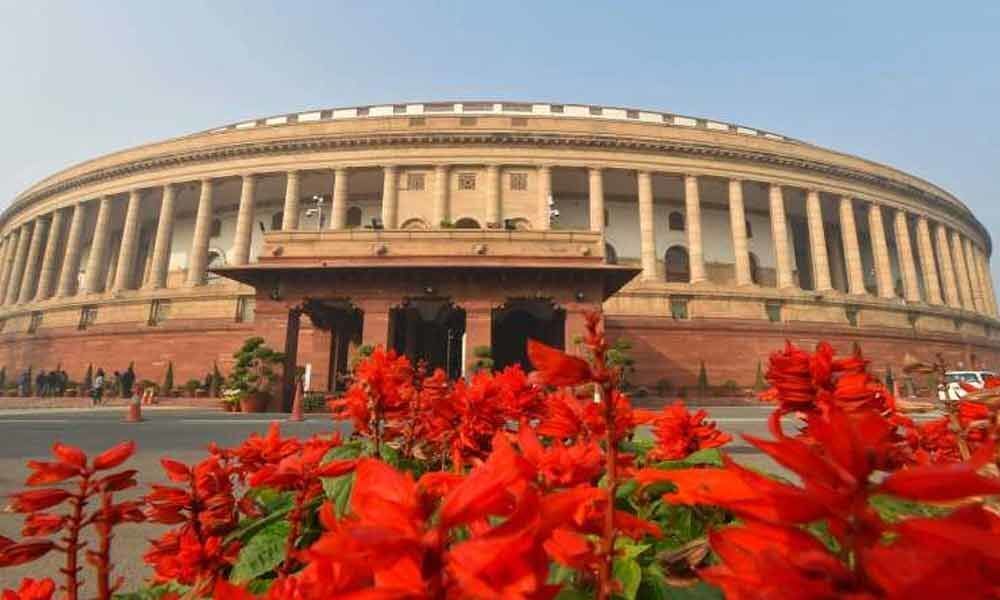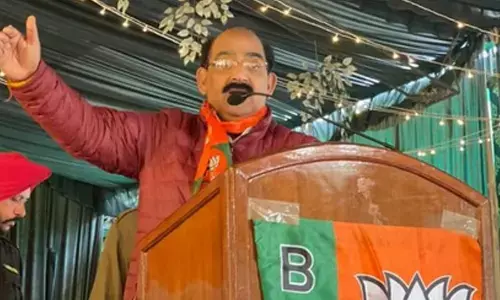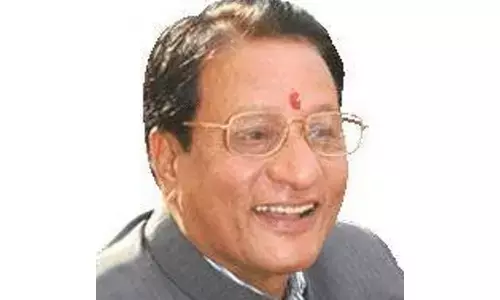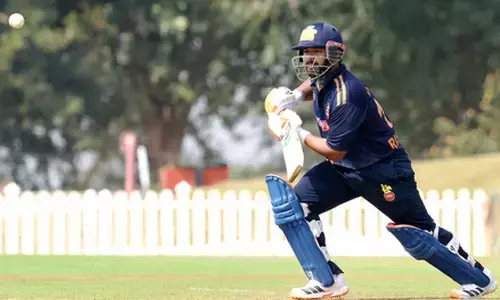16th Lok Sabha dissolution: Citizenship amendment, triple talaq bills lapse

The first session of the 17th Lok Sabha is likely to commence from June 6.
NEW DELHI: With the dissolution of the 16th Lok Sabha, the contentious Citizenship (amendment) Bill and the one on banning triple talaq have lapsed as they were not passed by Rajya Sabha.
The two bils could not be passed by Rajya Sabha in the Budget session, the last Parliament session of the outgoing government.
The term of the present Lok Sabha was to end on June 3, but with the election process over, President Ram Nath Kovind dissolved the lower house on Saturday.
The first session of the 17th Lok Sabha is likely to commence from June 6. Bills introduced in Rajya Sabha and pending there do not lapse with the dissolution of Lok Sabha.
Bills passed by the Lok Sabha, and pending in the Rajya Sabha, however, lapse. The opposition had been opposing provisions of the two bills in Rajya Sabha where the government lacked numbers.
The Citizenship (Amendment) Bill, 2019 provided for according Indian citizenship to Hindus, Jains, Christians, Sikhs, Buddhists and Parsis from Bangladesh, Pakistan and Afghanistan after seven years of residence in India instead of 12 years, which is the current norm, even if they do not possess any document.
The legislation was passed by Lok Sabha during the Winter Session on January 8 but could not be cleared by the upper house. There has been strong opposition to the bill in Assam and other Northeastern states.
Student organisations, political parties and socio-cultural bodies have been protesting on the grounds that it seeks to grant nationality to non-Muslims who have come into India up to December 31, 2014, thereby increasing the deadline from 1971 as per the Assam Accord.
The Muslim Women (Protection of Rights on Marriage) bill which made the practice of instant triple talaq (talaq-e-biddat) a penal offence, was opposed by the opposition parties which had claimed that jail term for the husband for divorcing his wife is legally untenable.
The government had promulgated the ordinance on triple talaq twice.
Under the Muslim Women (Protection of Rights on Marriage) Ordinance, 2019, divorcing through instant triple talaq will be illegal, void and would attract a jail term of three years for the husband A Bill to convert the earlier ordinance, issued in September 2018, was cleared by the Lok Sabha in December and was pending in the Rajya Sabha Since the Bill could not get parliamentary approval, a fresh ordinance was issued.
Seeking to allay fears that the proposed law could be misused, the government has included certain safeguards in it such as adding a provision for bail for the accused during trial.
These amendments were cleared by the Cabinet on August 29, 2018. While the ordinance makes it a "non-bailable" offence, an accused can approach a magistrate even before trial to seek bail.
In a non-bailable offence, bail cannot be granted by police at the police station itself. A provision was added to allow the magistrate to grant bail "after hearing the wife", the government had said.














